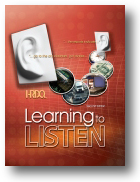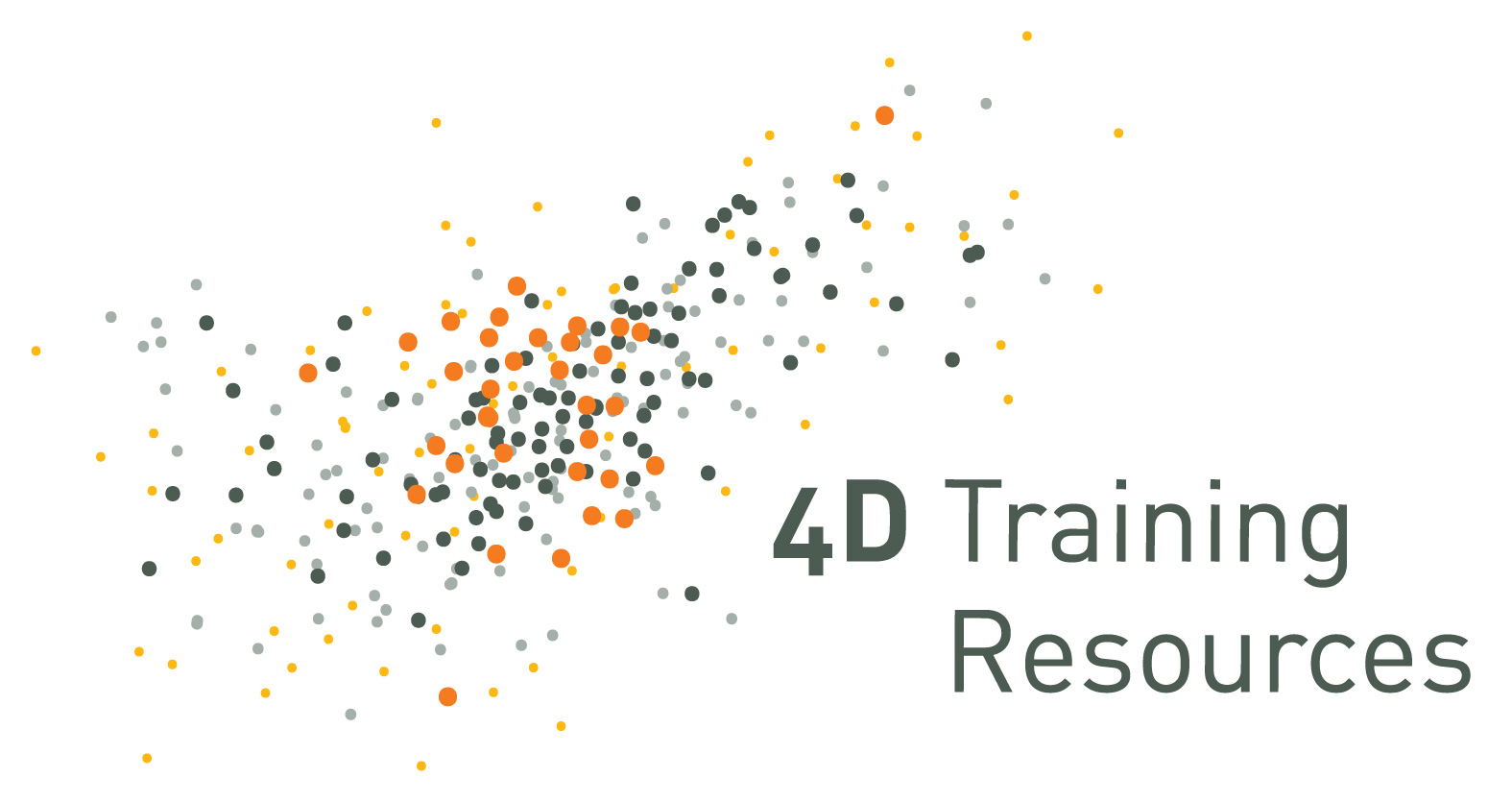Learning to Listen

Listening is the foundation skill that helps makes it possible to carry out other responsibilites. Whether helping a customer choose between product A or product B, coaching an employee on a performance issue, or trying to resolve a dispute, people rely on listening ability to get the information they need to act.
See a sample report for this title
Statistics show that people remember only half of what they hear, even moments after they’ve heard it. Surprising? The fact is that although most of us like to think we’re good listeners, almost everyone needs to improve their listening skills. Learning to Listen offers a fresh approach to this common problem. The 30-item inventory focuses on both the visible and invisible aspects of listening behavior.
What separates this listening assessment from the rest? While other learning tools identify listening style, Learning to Listen measures listening skills. Focusing on concrete behaviors, not preferences, allows participants to immediately take action on their listening strengths and weaknesses.
Learning Outcomes
- Determine listening effectiveness in 3 dimensions
- Explore how both visible and invisible aspects of listening affect interaction
- Learn what it takes — physically and mentally — to listen carefully
- Create an action plan that puts new skills into immediate action
Theory
HRDQ developed this learning instrument in response to specific requests from our customers for training resources on listening. While some customers told us that they expected to teach listening skills as a stand-alone topic, most said they intended to present listening as a component of a broader skill set. We specifically designed Learning to Listen to be flexible enough to serve both applications.
In creating this instrument, we made the conscious decision to focus on listening skills rather than listening styles. We did this for many reasons. First, a skills approach is more practical. Participants are more likely to put new skills to use right away. Secondly, skills are more concrete than styles. Participants will find them easier to relate to. Finally, and perhaps most importantly, skills are more changeable than styles, so participants will have a better chance of acting on the self-knowledge they get from completing this instrument.
Uses for Learning to Listen
Learning to Listen can be used as the centerpiece of a stand-alone workshop on listening skills, or it can be incorporated into a more comprehensive training program. It is also useful as an individual development tool. Other effective uses include:
- As a lead-in or focal point in any communication workshop or seminar
- As a foundation tool in leadership, customer service, and negotiating training
- A career development or personal enrichment tool
- As an integral part of sales training
Time Required:
Scoring: 10 minutes
Interpretation: 1 hour
Workshop: 2 hours (optional)
This program comes ready-to-deliver and include a Facilitator's Guide, Participant Guide and PowerPoint presentation. Call us at 1-800-257-4916 if you would like to explore working with one of our facilitators.
Related Assessments and Workshops
Interpersonal and Communication Skills > Course 2015 - Influencing with Assertive Communication
Interpersonal and Communication Skills > Course 2016 - Building the Communication Bridge
Interpersonal and Communication Skills > Course 2017 - What's My Communication Style?
Interpersonal and Communication Skills > Course 2018 - Interpersonal Influence
Interpersonal and Communication Skills > Course 2020 - Neuro-Linguistic Communication Profile
Interpersonal and Communication Skills > Course 2021 - Presentation Skills Profile
Interpersonal and Communication Skills > Course 2022 - Emotional Intelligence Skills Assessment
Related Reproducible Training Library Titles
Interpersonal and Communication Skills > Course 2050 - Communication Skills for Emerging Leaders
Interpersonal and Communication Skills > Course 2051 - The Art and Science of Communication
Interpersonal and Communication Skills > Course 2052 - Communication Skills for Tech Professionals
Interpersonal and Communication Skills > Course 2053 - The Art of Effective Communication
Interpersonal and Communication Skills > Course 2054 - Fundamentals of Effective Facilitation
Interpersonal and Communication Skills > Course 2055 - The Art of Influencing Others
Interpersonal and Communication Skills > Course 2056 - Giving and Receiving Feedback
Interpersonal and Communication Skills > Course 2057 - The Communication Mystery: Solved Interpersonal and Communication Skills > Course 2058 - Supervisor Communication Skills
These programs come ready-to-deliver and include a Facilitator's Guide, Participant Guide and PowerPoint presentation or register for an in-house session.

